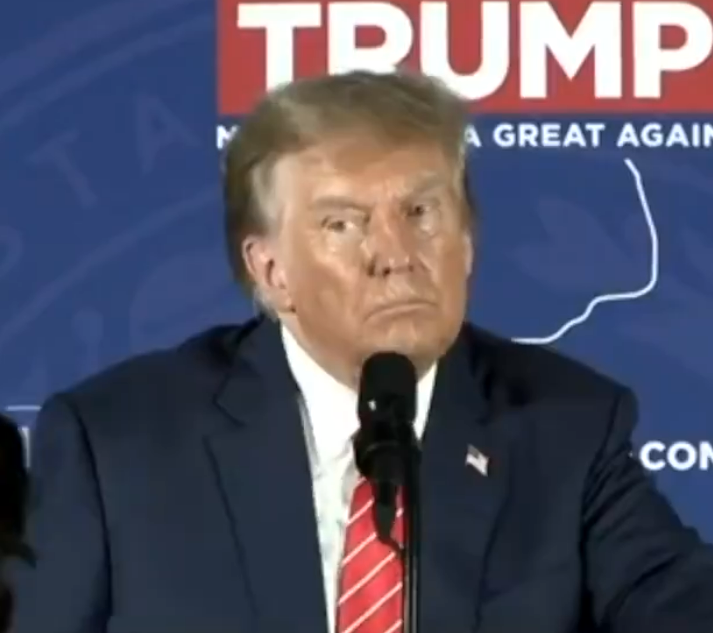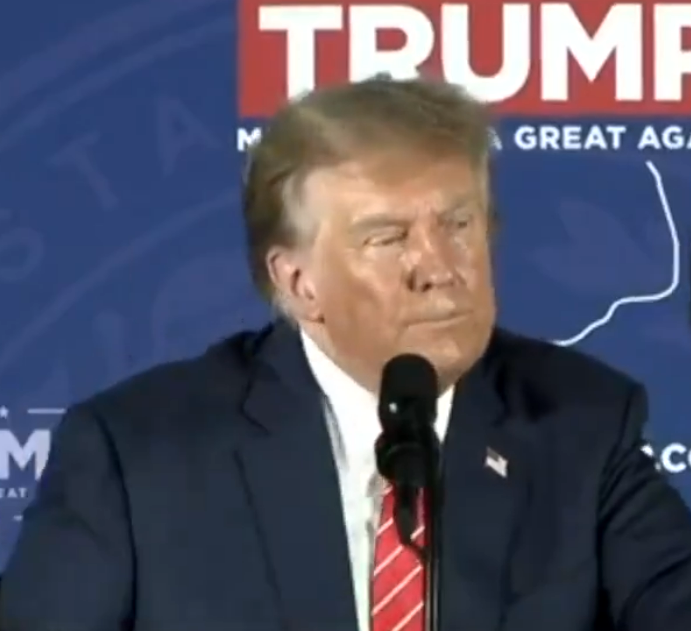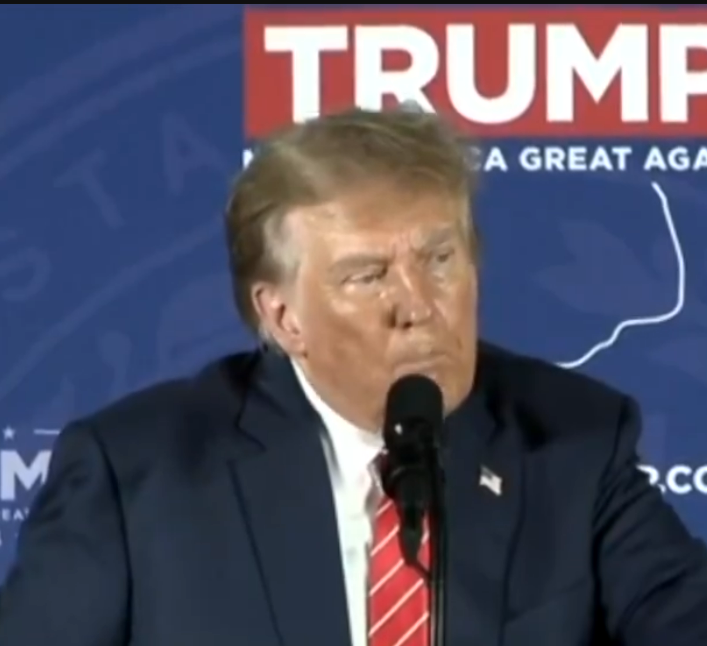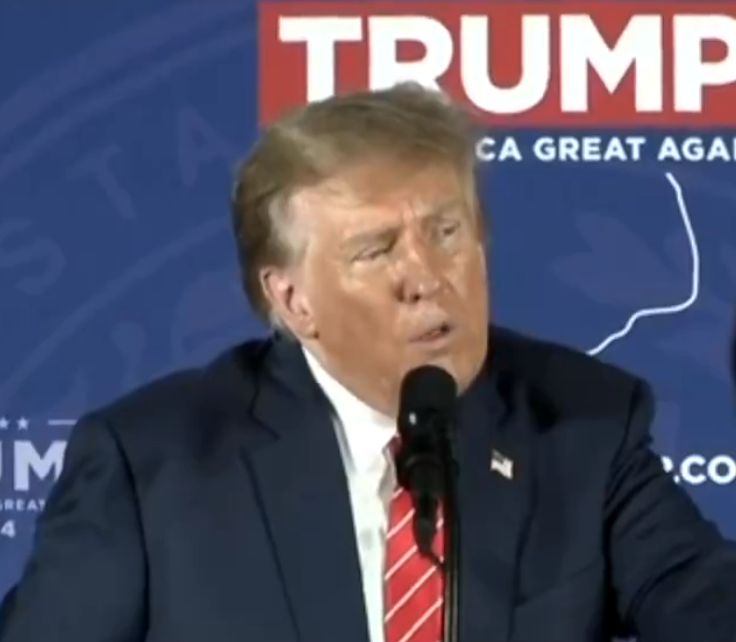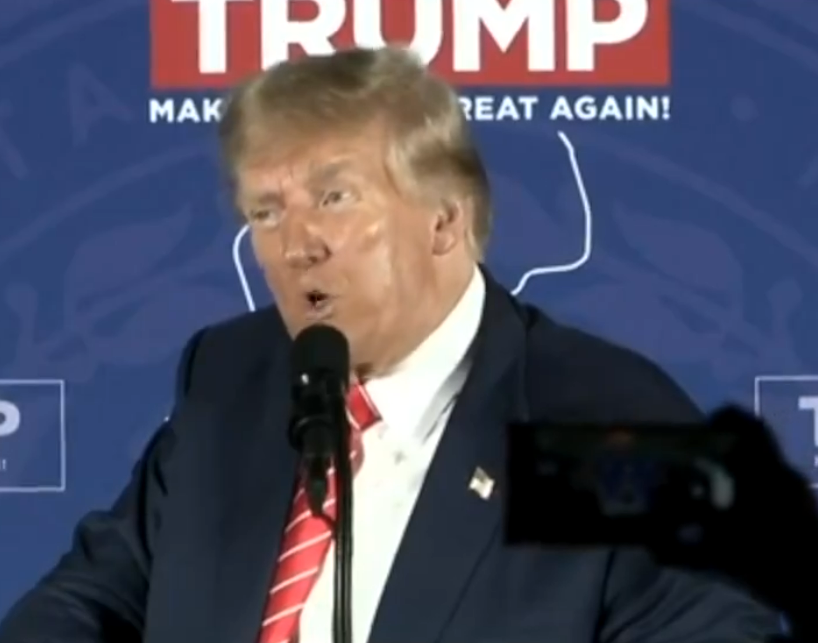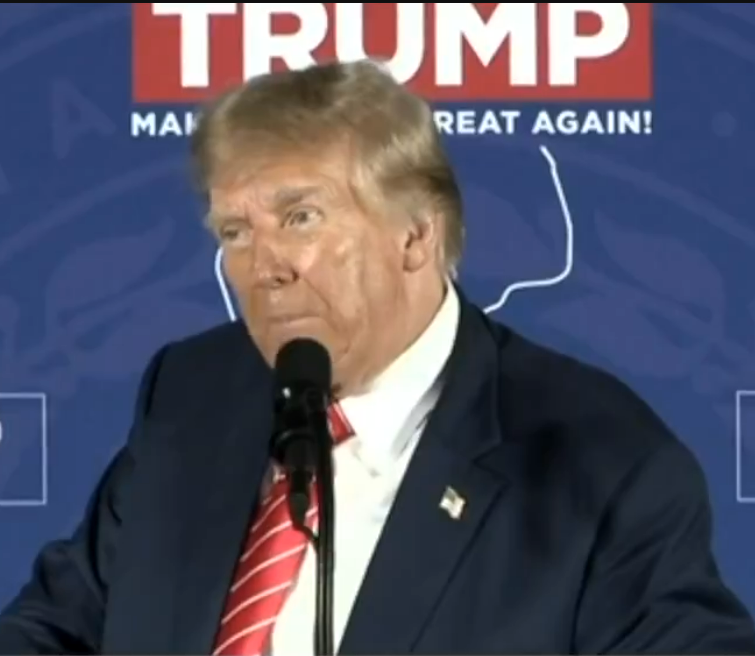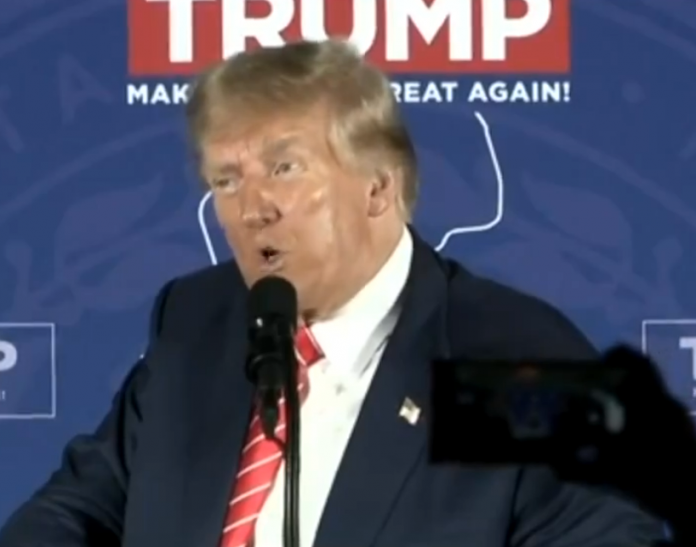
A federal appeals court on Tuesday rejected former President Trump’s efforts to take his challenge to a gag order in his election interference case to the full court, paving the way for likely Supreme Court litigation over the matter. restrictions on your speech.The three-judge panel of the District of Columbia Court of Appeals largely upheld a lower court’s ruling limiting Trump’s statements in the case.
++ Trump’s lead widens over Nikki Haley in the race for this Tuesday’s primary
That decision backed up an earlier one by Judge Tanya Chutkan, prohibiting Trump from making statements that “target” foreseeable witnesses, court staff and prosecutors. The appeals court refined that guideline, barring Trump from making any statement “intended to materially interfere or cause others to materially interfere” with the course of the case.
++ More than 300 artists sign petition against the president of Argentina, Javier Milei
The D.C. Circuit’s refusal to reconsider the case will likely send the matter to the Supreme Court. Trump could ask the judges to review the gag order and also seek a temporary suspension of it. This is one of several battles in Trump’s many legal cases that have reached the courts. The Supreme Court has already accepted an appeal of a ruling that barred him from running in Colorado elections under the 14th Amendment’s ban on insurrection. Oral arguments are less than three weeks away.
Although the Supreme Court declined special counsel Jack Smith’s request to speed up the appeals process and immediately rule on Trump’s immunity, the conclusion of the gag order battle paves the way for the next phase at the Supreme Court. The Hill has reached out to Trump’s legal team for comment. The district court panel questioned the term “target” used by Chutkan, concerned that it could restrict Trump from responding to potential witnesses and campaign critics. The judges clarified that the speech standard allows the former president to talk about these people’s books, articles, interviews or political campaigns, as long as it is not related to their roles as witnesses or the expected content of their testimony. The ruling also removed Smith from the list of figures protected by Chutkan’s order, allowing Trump to make more forceful statements about the case’s lead prosecutor. However, the majority of the ruling upheld the logic behind the gag order, agreeing that Trump’s speech could disrupt the case, undermine witness participation, and incite actual threats and intimidation. The court concluded that Trump’s documented speech history poses a significant threat to the criminal justice process.



